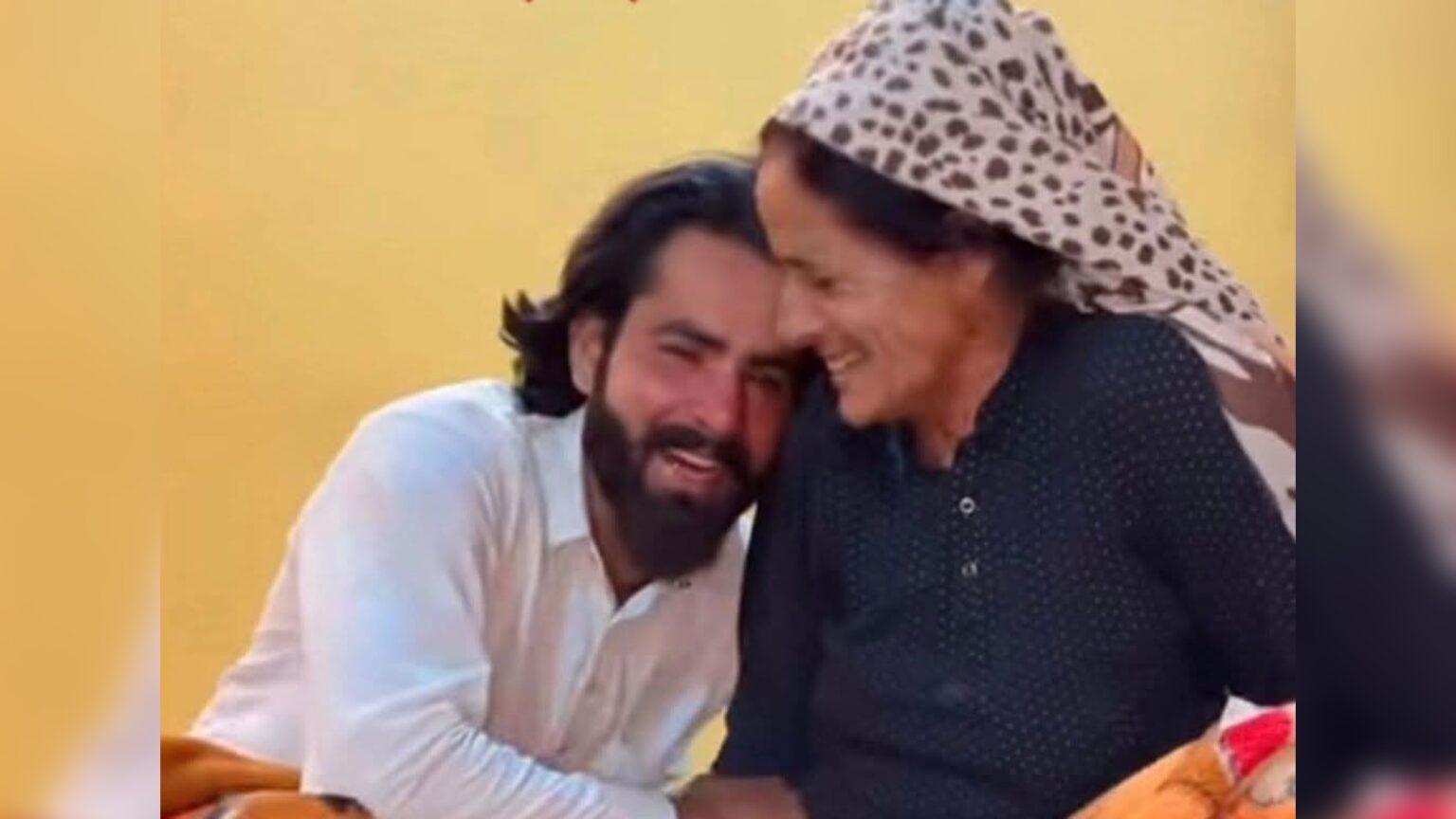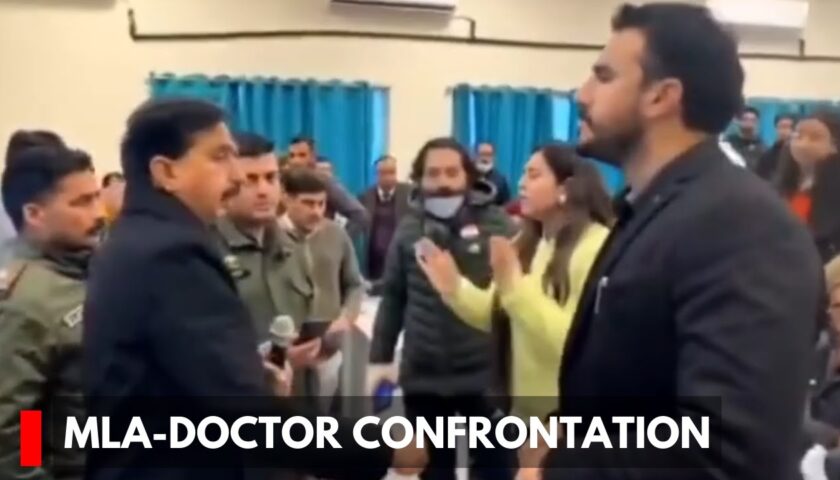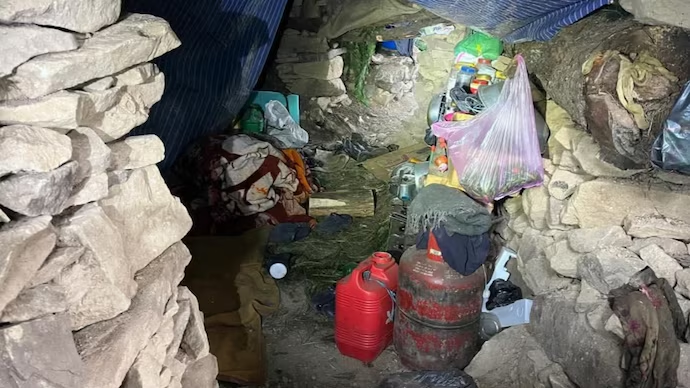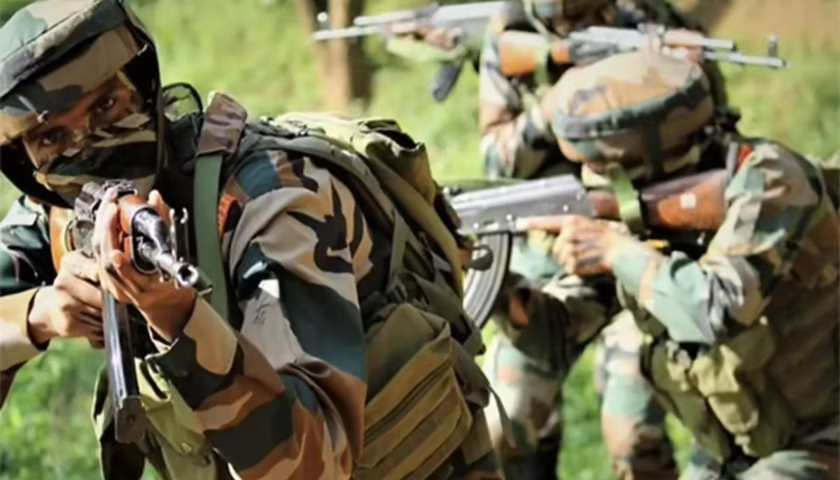Jammu Youth Killing: Was It a Staged Encounter or a Mistaken Identity?
By: Javid Amin | Jammu | 29 July 2025
A Young Life Cut Short
Mohammad Parvez Ahmed, a 21-year-old Gujjar youth from Nikki Tawi, Jammu, had dreams like any young man: to live, to work, to provide for his family. But on July 24, those dreams ended violently when he was fatally shot during a police operation in the Satwari area, allegedly targeting drug peddlers.
What happened next has shaken faith in law enforcement and reignited fears of extrajudicial actions—especially among Jammu’s marginalized tribal communities.
Allegations of a Staged Encounter
According to Parvez’s family and the local Gujjar community, he had no criminal record, no links to drug peddling, and was not even the target of the raid. They claim:
-
He was picked up without warrant or explanation
-
The operation was not backed by sufficient intelligence
-
His killing was avoidable—or worse, intentional
Their voice is now echoed across Jammu, with civil society and political leaders demanding a time-bound, impartial probe into what they’re calling a staged encounter.
Government’s Response: Inquiry, Suspension, and SIT
In response to the public uproar, the J&K administration has initiated a magisterial inquiry led by SDM Jammu South Manu Hansa, who has made a public appeal for information:
Citizens are urged to:
-
Submit witness statements, photos, videos, or any information
-
Reach out before August 4
-
Contact via:
-
📧 Email: sdmsouthjammu@gmail.com
-
☎️ Phone: 9484002110
-
🧍♂️ In person at SDM Office, Jammu South
-
In addition:
-
Two police officers have been suspended pending inquiry
-
A Special Investigation Team (SIT) has been constituted to probe the killing
Political and Public Reaction
The killing has drawn condemnation from across the political spectrum:
-
Omar Abdullah termed it “a test case for the administration’s commitment to human rights”
-
Mehbooba Mufti demanded that “marginalized voices cannot be silenced through the barrel of a gun”
On the ground, Gujjar leaders and tribal activists are calling for:
-
Immediate arrest of those responsible
-
Compensation for the family
-
Long-term safeguards against police excesses in tribal areas
A Pattern That Cannot Be Ignored
This is not an isolated case. Across India—and particularly in conflict-prone or marginalized regions—encounter killings have often been justified under the guise of “war against drugs,” “anti-terror operations,” or “public safety.” But these justifications collapse without:
-
Transparent protocols
-
Independent oversight
-
Public accountability
The question is:
When does enforcement cross the line into execution?
Why This Case Matters for All of Us
Because it raises critical questions:
-
Can anyone be killed without a fair trial?
-
Do marginalized communities face a different standard of justice?
-
Will public silence allow more such tragedies?
Because public safety must never come at the cost of due process
When police powers go unchecked, trust in institutions erodes, and fear replaces justice. A democratic society must not only protect the majority—it must uphold the dignity of the least heard.
What Can You Do?
01. Share the Appeal
Help SDM Jammu South gather crucial evidence. Someone knows something—don’t let fear keep them silent.
02. Stand in Solidarity
Join peaceful demonstrations, online petitions, and calls for justice. Show Parvez’s family they are not alone.
03. Demand Transparency
Track the inquiry. Ask tough questions. Hold both police and politicians accountable for their promises.
04. Protect Due Process
Support legal reforms that strengthen police accountability, especially during operations in tribal and underrepresented communities.
Final Word: Let Truth Prevail
Mohammad Parvez Ahmed was not just a headline. He was someone’s son, someone’s friend, someone who may have been in the wrong place at the wrong time.
If he was innocent, his killing is not just a mistake—it is a crime.
And if the system lets this slide, the next victim could be anyone.
Let’s not move on. Let’s move forward—with truth, with accountability, and with justice.




